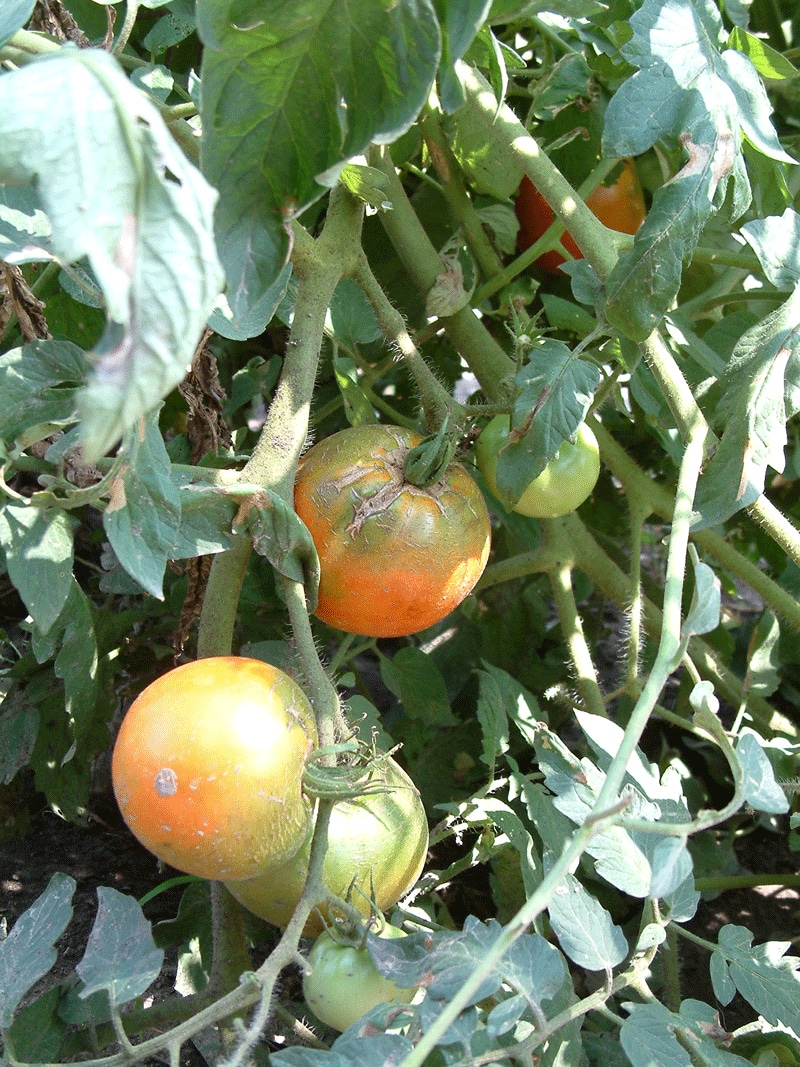July 5, 2011

If you were able to enjoy tomatoes a little earlier this year, it might be because those tomatoes were grown in a high tunnel.
Virginia farmers have been using high tunnels for years to extend their growing seasons in a cost-effective way, including Dennis Dove and his wife, Tenley Weaver, of Full Circle Organic Farm in Floyd County.
"They’re simply unheated structures that use sheets of plastic instead of glass, that have a hoop frame, like a greenhouse," Dove said.
By adding one layer of plastic, Dove said he can change the climate by 10 degrees.
"If it’s 32 degrees outside, it’s 42 degrees inside the tunnel."
Dove said plant diseases are "almost non-existent, because the high tunnel is well-ventilated and the plants are not sprayed with water from above."
His trickle irrigation system operates with little labor and uses lines that run under the rows, keeping the plants’ leaves dry.
"It gives me the capacity to slow trickle at the right time, the right place and using the right amount of water," Dove said.
Over the years he has learned how to rotate crops so that he has decent production 10 months out of the year, helping him fill an increasing demand for local cold-season crops.
Emmett Snead of Snead’s Farm in Caroline County started using high tunnels "for the love of tomatoes, and secondly to make money."
Anyone, he said, can build a high tunnel. "You just have to start."
Snead is able to get two tomato crops each year. He can harvest as many tomatoes from a high tunnel as he can from one acre planted outdoors.
He typically harvests his early tomatoes in May and continues to harvest until the first hard freeze, sometimes into December.
Snead keeps bees in his tunnels to aid in pollination and uses a drip irrigation system. He typically waters 2 hours a day. "You decide when they drink, not nature," he said. "Tomatoes that are grown outside, when they receive too much water they split open before they’re even ripe."
Snead said high tunnel farming is more work than growing outdoors, but it’s rewarding.
"You really have to babysit a high tunnel. You can’t go off and leave it," he said. "If you go away, that will be the morning it’s hot, and you’ll end up with fried green tomatoes."
You May Also Like




